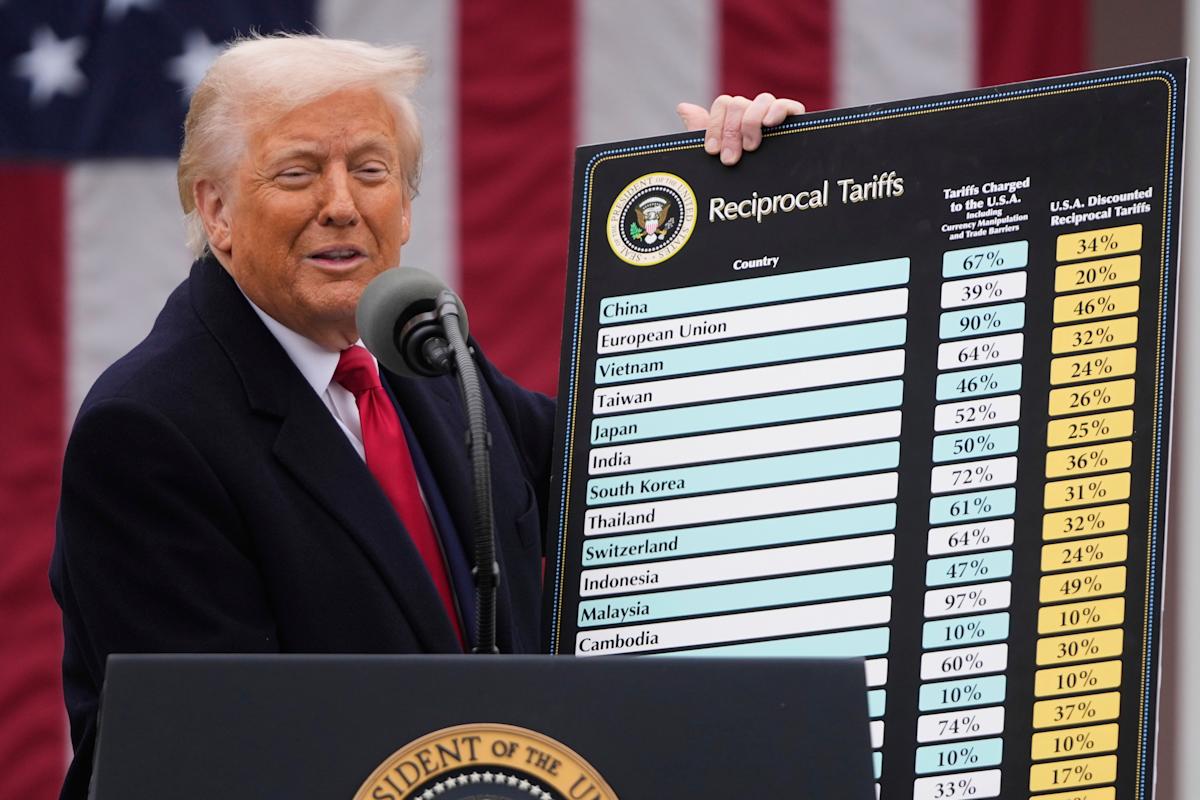## Gaming Giants Look Beyond the Great Wall: Can China’s Big Players Conquer Overseas Markets?
China’s domestic gaming market, once a behemoth, is showing signs of fatigue. Player numbers are plateauing, and sales are slowing. But this isn’t a cause for despair for China’s gaming giants. Instead, they’re setting their sights on a new frontier: global domination.

Genre Diversification: Expanding Horizons

Chinese gaming firms are actively exploring new genres and platforms beyond their traditional stronghold in mobile gaming. This diversification strategy reflects a growing ambition to capture a wider global audience and mitigate reliance on a single market segment.
For instance, Tencent, a giant in the Chinese gaming industry, has made significant investments in esports and competitive gaming. Its popular title, League of Legends, has a massive global following and has fueled the growth of esports as a major entertainment industry. Tencent has also expanded into PC gaming and console gaming, acquiring stakes in companies like Riot Games (developers of League of Legends) and Supercell (creators of the mobile game Clash of Clans).
Similarly, NetEase, another prominent Chinese gaming company, has diversified its portfolio by venturing into genres like RPGs, MMORPGs, and strategy games. Its success with titles like Fantasy Westward Journey and Westward Journey Online demonstrates its ability to create engaging games that resonate with players across different demographics and preferences.

Case Studies: Success Stories and Strategies
miHoYo’s Global Triumph with Genshin Impact
miHoYo’s open-world action RPG, Genshin Impact, has become a phenomenal global success story. Released in 2020, the game quickly amassed a massive player base worldwide, attracting millions of downloads and generating billions in revenue within a short timeframe.
Genshin Impact’s success can be attributed to several factors:
- Visually Stunning Graphics and Open World Design: Genshin Impact’s anime-inspired visuals and vast open world have captivated players, offering a captivating and immersive gaming experience.
- Free-to-Play Model: The game’s free-to-play model with optional in-app purchases has made it accessible to a wide audience, contributing to its rapid user growth.
- Cross-Platform Compatibility: Genshin Impact is available on multiple platforms, including PC, mobile, and consoles, ensuring a seamless experience for players regardless of their preferred device.
miHoYo’s strategic marketing efforts, including strategic partnerships with influencers and content creators, have also played a crucial role in promoting the game’s popularity.
Tencent’s Global Gaming Empire

Tencent, a Chinese tech giant, has emerged as a major player in the global gaming industry through strategic acquisitions and investments.
- Riot Games (League of Legends): Tencent’s acquisition of a majority stake in Riot Games, the developer of the massively popular MOBA game League of Legends, has significantly expanded its reach in the esports and PC gaming markets.
- Supercell (Clash of Clans): Tencent’s investment in Supercell, the Finnish mobile game developer known for titles like Clash of Clans and Brawl Stars, has given it access to a portfolio of successful mobile games with global appeal.
- Epic Games (Fortnite): Tencent has a minority stake in Epic Games, the creator of the battle royale sensation Fortnite. This investment has positioned Tencent at the forefront of the competitive gaming landscape.
Through these strategic moves, Tencent has built a diversified gaming portfolio that spans various genres and platforms, solidifying its position as a global leader in the industry.
NetEase’s International Expansion
NetEase, another prominent Chinese gaming company, has been actively expanding its presence in international markets.
- Localization and Cultural Adaptation: NetEase has demonstrated a strong commitment to localization, adapting its games to different cultural preferences and regional sensitivities. This localized approach has helped its games resonate with players in various countries.
- Partnerships with International Developers: NetEase has forged strategic partnerships with international game developers, co-publishing and distributing games in key markets. These collaborations have helped it tap into new audiences and expand its global reach.
NetEase’s international expansion strategy has been successful, with its games gaining popularity in regions like North America, Europe, and Southeast Asia.
Localization and Cultural Adaptation: Bridging Cultural Divides
Chinese gaming companies recognize the importance of cultural sensitivity in achieving global success. They invest heavily in localization efforts to adapt their games to different languages, cultural norms, and player preferences.
- Language Translation: Accurate and culturally appropriate translations are crucial for ensuring that players understand the game’s story, characters, and gameplay mechanics.
- Visual and Audio Adaptations: Cultural references, character designs, and soundtracks are often adjusted to resonate with players from different backgrounds. For example, miHoYo’s Genshin Impact features different outfits and character designs for its characters based on regional preferences.
- Gameplay Mechanics: Certain gameplay elements may need to be modified to align with local gaming habits and preferences.
- Joint Ventures: Chinese companies often form joint ventures with international partners to leverage each other’s strengths in areas such as technology, distribution, and marketing.
- Acquisitions of Studios: Acquiring established game development studios in key markets allows Chinese companies to gain access to local talent, expertise, and existing intellectual property.
- Distribution Agreements: Partnering with international distributors can help Chinese games reach a wider audience on various platforms.
This commitment to localization demonstrates Chinese gaming companies’ understanding of the global market and their willingness to tailor their offerings to diverse audiences.
Partnerships and Acquisitions: Building Global Networks
Strategic partnerships and acquisitions have become essential tools for Chinese gaming companies seeking to expand their global footprint.
These strategic alliances enable Chinese gaming companies to navigate the complexities of international markets, build relationships with key players, and accelerate their global expansion.
The Future of Gaming: A Chinese Influence?
Chinese gaming companies are poised to play an increasingly significant role in shaping the future of the global gaming industry.
Challenges and Opportunities
Despite their growing influence, Chinese gaming firms face several challenges:
- Geopolitical Tensions: Rising geopolitical tensions between China and Western countries could create obstacles for Chinese companies seeking to expand into certain markets.
- Regulatory Uncertainty: China’s evolving regulatory landscape for the gaming industry can create challenges for foreign companies operating in the country.
- Cultural Differences: Bridging cultural divides and adapting games to diverse audiences remains an ongoing challenge.
However, these challenges are also opportunities. Chinese companies are uniquely positioned to cater to the growing global demand for mobile gaming, esports, and cross-platform experiences.
Impact on the Global Gaming Landscape
Chinese gaming companies are already making their mark on the global gaming landscape. Their innovations in mobile gaming, esports, and game development technologies are influencing the industry as a whole.
- Rise of Mobile Gaming: Chinese mobile games have become a dominant force globally, setting new standards for gameplay, monetization, and user engagement.
- Esports Growth: Chinese companies’ investment in esports has fueled the growth of competitive gaming as a major entertainment industry.
- Technological Advancements: Chinese game developers are at the forefront of technological innovation, pioneering new graphics engines, AI-powered game design, and immersive gameplay experiences.
Competition and Innovation
The growing influence of Chinese gaming companies is creating a more competitive and dynamic global gaming market. Western gaming companies are responding by:
- Investing in Mobile Gaming: Recognizing the growing dominance of mobile gaming, major Western publishers are expanding their mobile game offerings and adopting new monetization strategies.
- Expanding into Esports: Western companies are increasing their involvement in esports, recognizing its potential as a marketing and revenue stream.
- Embracing Innovation: Western gaming companies are exploring new technologies and game design concepts to stay ahead of the curve.
This competition is ultimately beneficial for gamers, as it drives innovation, pushes technological boundaries, and expands the diversity of gaming experiences available worldwide.
Conclusion
As China’s domestic gaming market cools, its leading developers are shifting their focus to the global stage. This strategic move, driven by the article’s highlighting of regulatory hurdles and slowing growth at home, sees Chinese firms pouring resources into localized versions of their popular titles, targeting audiences in key international markets like the US and Europe. The future of China’s gaming industry, it seems, lies not only in innovation but also in its ability to connect with players beyond its borders.
This shift presents a fascinating dynamic in the global gaming landscape. We’re likely to see a rise in the visibility and popularity of Chinese-developed games, potentially challenging the dominance of established Western studios. Will this lead to a more diverse and exciting gaming landscape, or will it spark concerns about cultural homogenization? Only time will tell. One thing is certain: the eyes of the world are now on China’s gaming industry as it embarks on this ambitious journey of global expansion.
The next generation of gamers might just be playing a game developed in Beijing, Shanghai, or Shenzhen, and that’s a future worth watching.